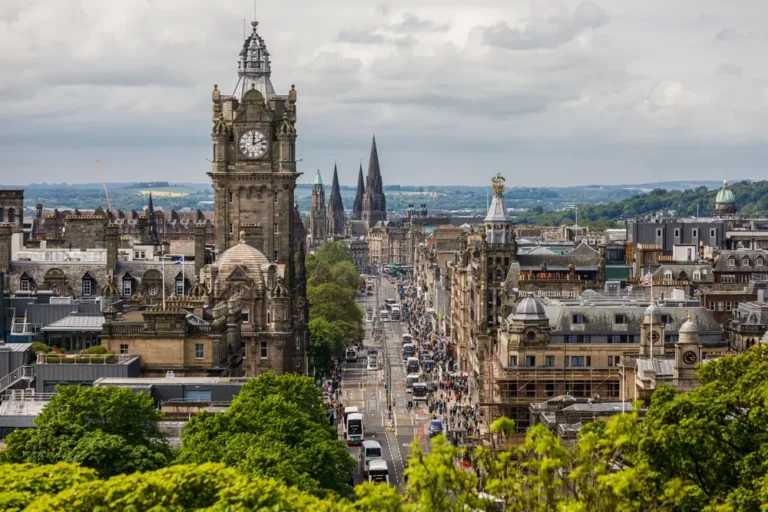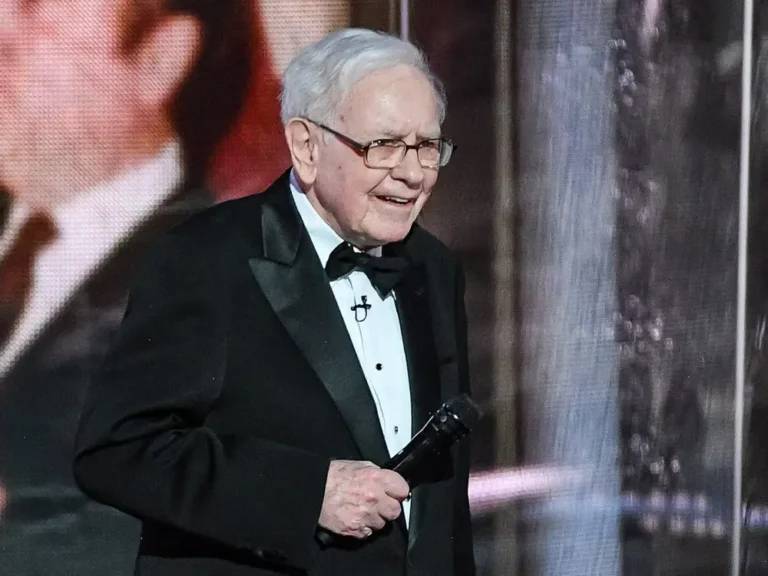H-1B: Government’s proposed visa changes are murky but could mean big changes
New rules would loosen some requirements, tighten others
The federal government is proposing major changes to the H-1B visa program, which allows U.S. companies to hire foreign citizens with specialized skills. These changes include expanding the types of work that are not subject to an annual cap.
While the plan is 227 pages long, it leaves some questions unanswered about how the new rules will affect the number of H-1B visas available and who will be eligible to receive them.
Silicon Valley technology behemoths rely heavily on H-1B visas to attract top foreign talent. These companies, like many others in the Bay Area, hire a large number of H-1B workers at below-market wages, utilizing staffing and outsourcing firms to do so.Critics point to reported abuses and claim that companies, including major technology firms and staffing and outsourcing firms, use the H-1B visa to replace American workers, drive down wages, and facilitate outsourcing.
The proposal was released on Friday by the Department of Homeland Security, who stated that it would “modernize and improve the efficiency of the H-1B program, add benefits and flexibilities, and improve integrity measures.” The new proposal was published in the Federal Register on Monday, triggering a 60-day public comment period that the agency will review before issuing a final rule.
The visa, which employers obtain through a lottery on behalf of specific employees, has become a flashpoint in immigration debates. Suits have been filed over the replacement of U.S. workers by visa holders, and efforts to shorten the lengthy path to a green card and citizenship for Indian workers — by far the largest group of H-1B recipients — have been stymied by political gridlock.
According to Ron Hira, a Howard University professor who studies the H-1B visa, one of the most significant planned changes is expanding the types of jobs that are not subject to the 85,000 annual visa cap.
The visa cap does not apply to many universities, as well as nonprofit and government research organizations. H-1B visas can currently be granted to foreign citizens for work that “directly and predominately” advances “the essential purpose, mission, objectives, or functions” of such employers. Visas could be granted under the new rules for work that “directly furthers an activity that supports or advances one of the fundamental purposes, missions, objectives, or functions” of the employer.
“A qualifying organization may have more than one fundamental purpose, mission, objective, or function, and this fact should not preclude an H-1B beneficiary from being exempt from the H-1B cap,” according to the proposed rule.
Hira expressed concern that the proposal’s ambiguity will allow companies, including staffing firms, to exploit their partnerships with cap-exempt entities. “A lot of companies that are subject to the cap work with government organizations, are vendors to nonprofit research organizations,” Hira went on to say.
“It potentially opens up a huge avenue for virtually any company to magically become cap exempt,” Hira said in a statement. “The reason we have a cap in the first place is to protect the labor market so that employers don’t flood the labor market with H-1B workers.”
Hira pointed out that UC San Francisco laid off dozens of US employees in 2017 after outsourcing IT work to an Indian company that assigned H-1B workers to the contract.
According to Hira, the agency did not provide an estimate of how many additional H-1B workers could be brought in by expanding cap-exempt work in its proposal.
In addition, the agency proposed narrowing the definition of a “specialty occupation” that qualifies for the visa. Job duties must be directly related to required degrees, and while an occupation may have multiple acceptable degree fields, “a general degree is insufficient,” according to the proposal.
Again, Hira stated that the agency did not provide estimates on how changing the definition might affect visa numbers and allocation patterns.
Homeland Security, through U.S. Citizenship and Immigration Services, did not respond to specific questions about the proposal, but stated that it “remains committed to preventing misuse and fraud in the H-1B registration process, meeting the ever-changing needs of the U.S. labor market, and breaking down administrative barriers for eligible U.S. employers seeking to use the H-1B program.”
According to Hira, the agency received 750,000 applications during the most recent application period, with hundreds of thousands of duplicates. The proposed rule, which would prohibit “multiple registrations by related entities” and ensure each applicant has only one shot at selection, could “maybe clean up this problem,” according to Hira.
The proposed expansion of exceptions for research jobs was welcomed by David Bier, associate director of immigration studies at the libertarian Cato Institute, who supports increasing the H-1B cap. Bier also praised the rule’s proposal to codify the ability of entrepreneurs to obtain an H-1B visa, which could lead to new jobs and industries. Bier pointed out that the agency proposed an 18-month limit on the visa for entrepreneurs based on possible fraud, but did not specify what fraudulent behavior it suspected.
According to Bier, the “biggest value add” of the new rules may be resolving issues in a way that makes it more difficult to reverse progress later.






